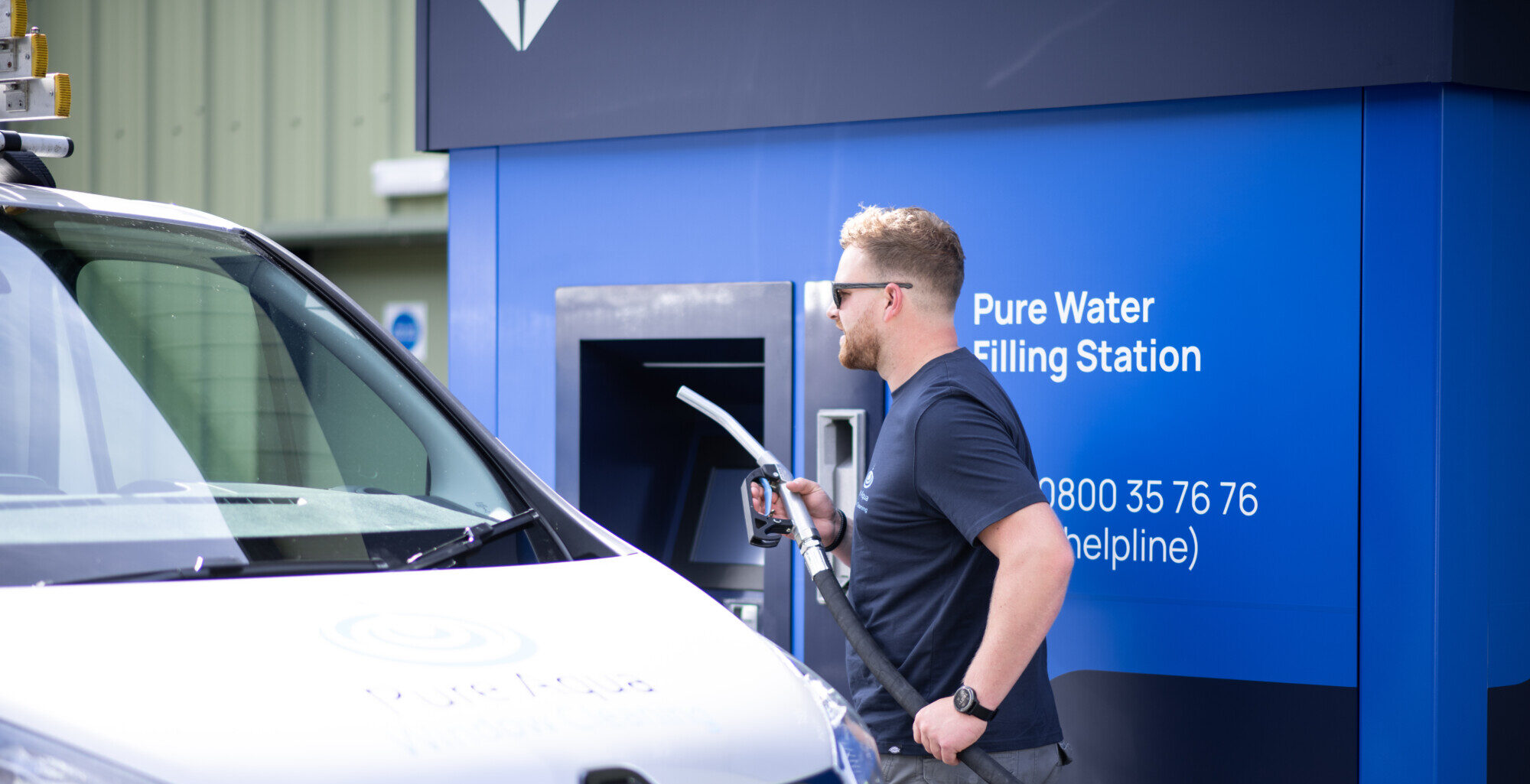Hello
I am very new to the hobby having just had a few Danio over the past year. Unfortunately I didn’t know about fully cycling a tank before, had used QuickStart and waited a few weeks before adding the fish.
I am upgrading to a 20gallon tank but the water quality is terrible where I live
pH 8
Very hard quality.
I am day 12 of cycling my new tank with fish food and I am getting
Ammonia 2ppm
Nitrites 0.5ppm
Nitrates 40-80ppm
I was concerned due to the high nitrates having done some recent reading up on the subject, so I did a 25% water change being careful to avoid filtrate and ornaments. The nitrate remained high the next day so I did another water change and no difference.
I tested the water out of the tap and it was 80ppm.
I guess what I would like to know is do I need to treat water in tank to reduce nitrates? If I do, do I do it while tank cycling or wait till fully cycled?
Thanks.
I am very new to the hobby having just had a few Danio over the past year. Unfortunately I didn’t know about fully cycling a tank before, had used QuickStart and waited a few weeks before adding the fish.
I am upgrading to a 20gallon tank but the water quality is terrible where I live
pH 8
Very hard quality.
I am day 12 of cycling my new tank with fish food and I am getting
Ammonia 2ppm
Nitrites 0.5ppm
Nitrates 40-80ppm
I was concerned due to the high nitrates having done some recent reading up on the subject, so I did a 25% water change being careful to avoid filtrate and ornaments. The nitrate remained high the next day so I did another water change and no difference.
I tested the water out of the tap and it was 80ppm.
I guess what I would like to know is do I need to treat water in tank to reduce nitrates? If I do, do I do it while tank cycling or wait till fully cycled?
Thanks.


